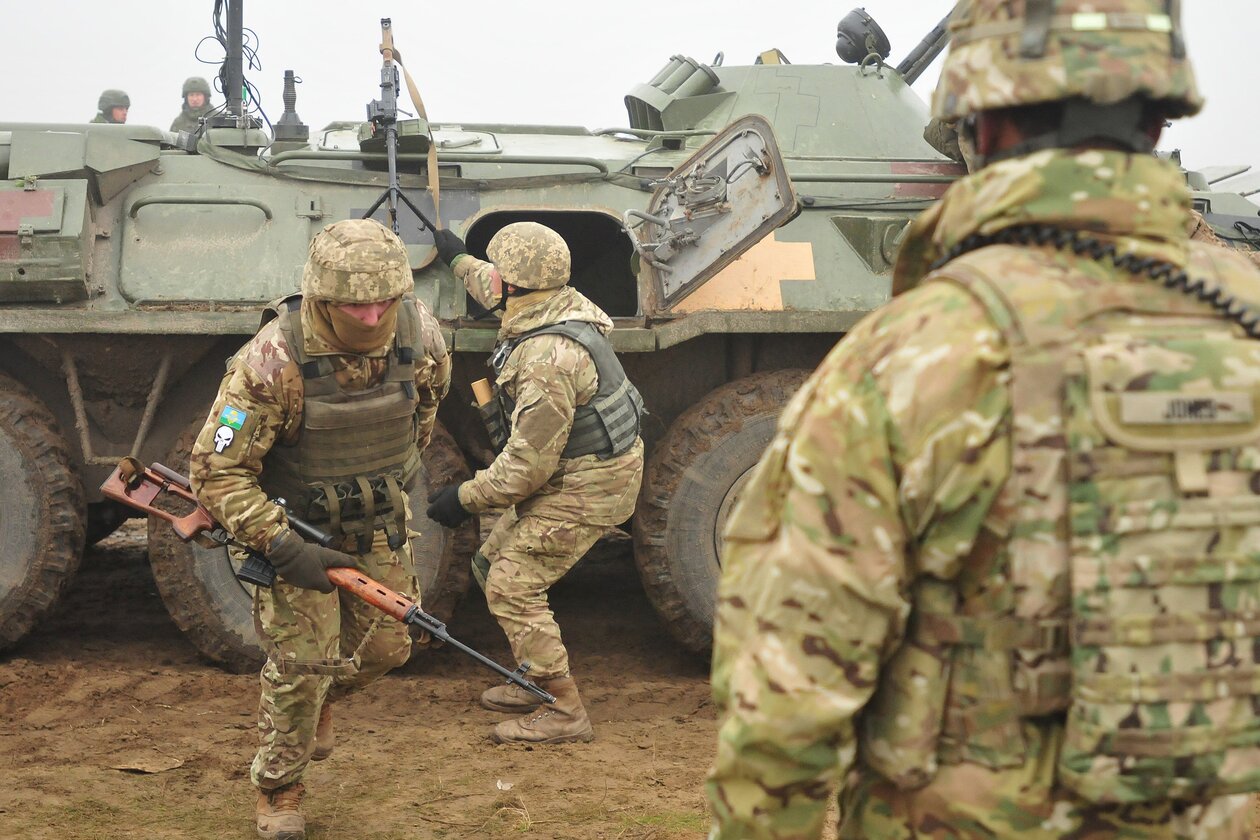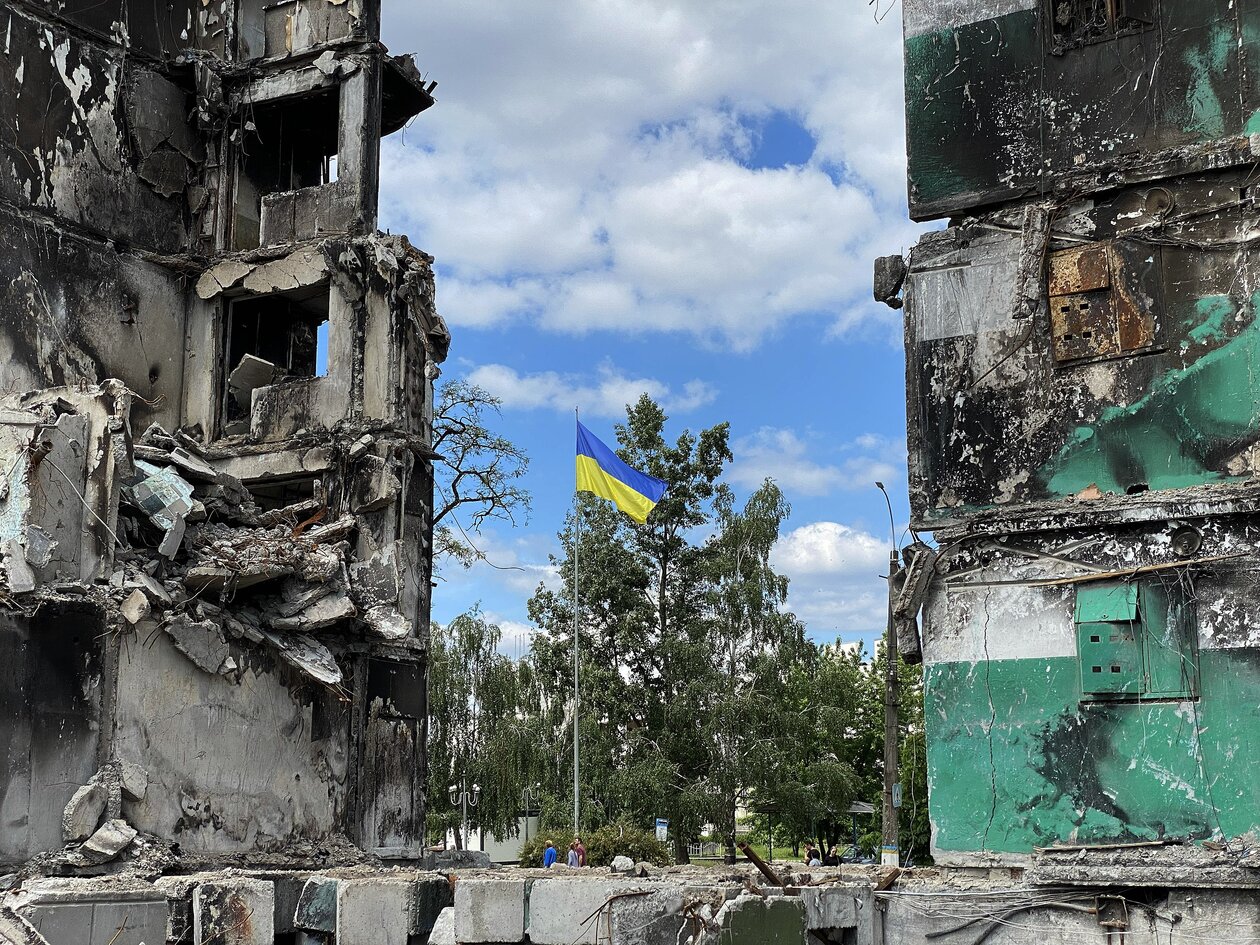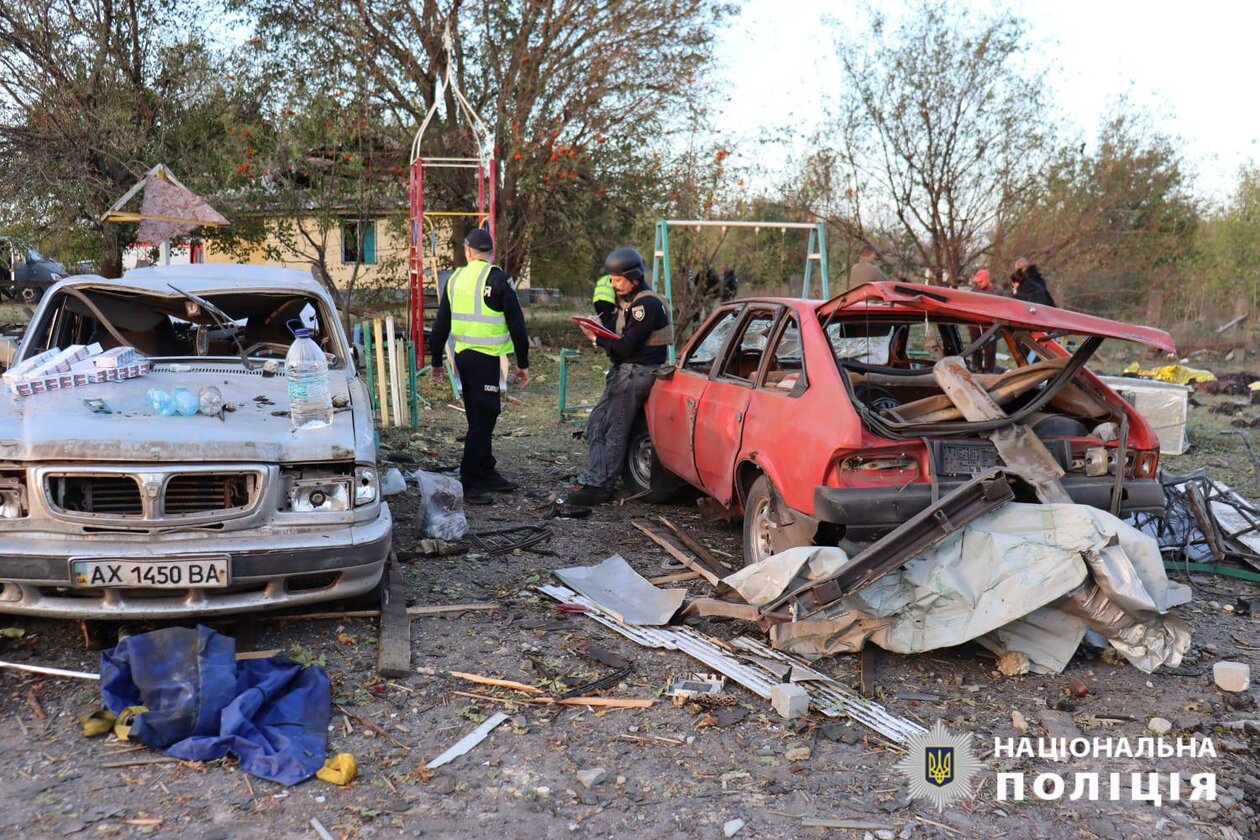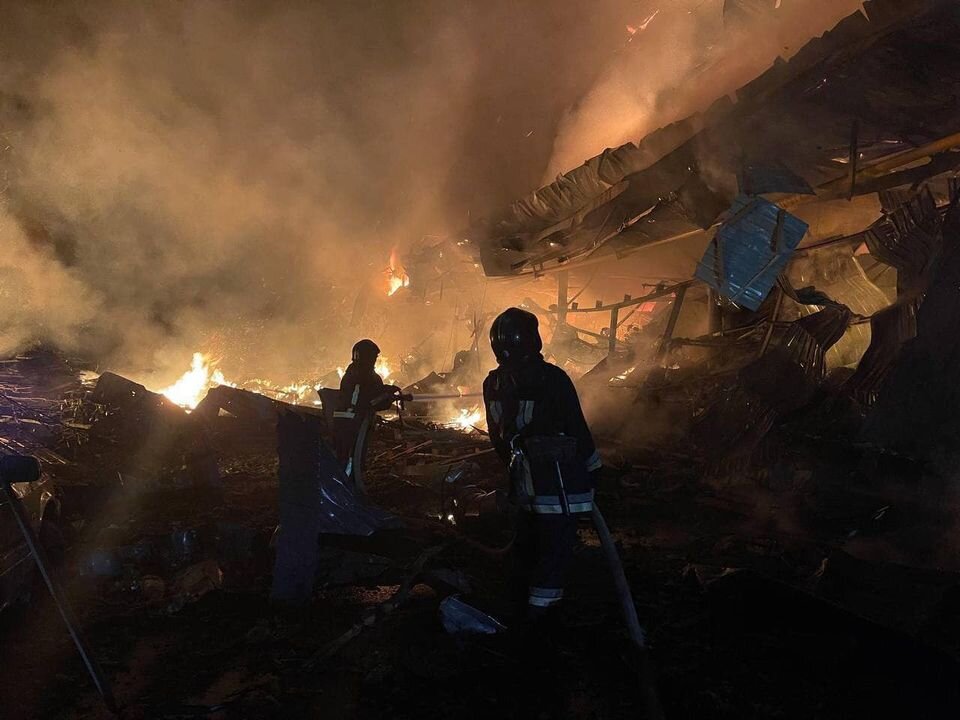A Postponed Democracy?
In October 2023, Ukraine had to hold a countrywide parliamentary election, according to the country’s Constitution. The national authorities have postponed this election on the grounds of a full-scale war continuing in the country. The next presidential election, planned for March 2024, will likely be also postponed, as there is no indication of an imminent cessation of hostilities. This legally permissible election postponement, however, remains debated, especially among Ukrainian Western allies. Representatives of the Western political establishment seem to be more concerned about the fate of Ukraine’s election than the Ukrainians themselves. US Republican Senator Lindsey Graham is one of the loudest opponents of postponing elections in Ukraine. During his trip to Kyiv in August 2023, Mr. Graham said: “We will continue to fight to keep the weapons coming to you so that you can win a war that we cannot afford to lose. But you must also do two things at the same time. Next year, elections are to be held in Ukraine”. A few days later, Graham tweeted: "[T]he security environment to conduct an election would be challenging. However, I cannot think of a better investment for the stability of Europe than helping Ukraine survive as an independent, self-governing, Rule of Law-based democracy". The first statement is hard to argue with. The second idea, however, is a classic example of wishful thinking and risks to create serious problems for Ukraine and the West.

US Army training for Ukraine's Army. Photo: Sgt. Jacob Holmes
Legal and institutional challenges
The foundation of modern electoral democracy is built on legal norms and procedures, whose implementation is ensured by relevant institutions. Stripped off them, democracy becomes vulnerable and risks to eventually degenerate into authoritarian pseudo-democracy, strived for by various populist regimes. Is Ukraine’s legal system bullet-proofed against such backsliding?
According to Ukraine’s Constitution, the president and the parliament continues to exercises their powers for the duration of martial law in the country. Elections could be held only after martial law is lifted. Moreover, the Law of Ukraine On the Legal Regime of Martial Law unequivocally prohibits holding presidential, parliamentary and local elections. In August 2023, Ukraine’s Parliament has extended martial law in the country until the 15th of November and is likely to continue prolonging this decision until the cessation of large-scale hostilities in Ukraine. It means that holding elections in Ukraine during the ongoing invasion is legally impossible. In theory, a legal loophole could be found or created, but the legitimacy of such a vote and its results could be subsequently challenged in the Constitutional Court.
Can war-affected Ukraine ensure full adherence to electoral institutional procedures? Even in peacetime, a countrywide vote is highly complex and expensive to organize. The key indicators of its successful organization are inclusion, i.e., equal access of voters to participate in the voting, and security. In Ukraine’s current situation, electoral inclusion is difficult to ensure. According to conservative estimates, about 2.5mn Ukrainian citizens reside abroad. Ukraine's diplomatic agencies are unlikely to be able to organize their participation in any countrywide votes. Moreover, almost 20% of Ukraine's territory is occupied by Russia, what prevents these residents to vote at all. In addition, thousands of Ukrainian military personnel, who are currently in the combat zone, will not be able to come to polling stations. How to ensure their participation in Ukraine’s elections remains unanswered as well.

Ruins of Russia-destroyed Borodyanka. Photo: U.S. Embassy Kyiv
From the security point of view, a countrywide election in Ukraine must not be permissible. A vast area of Ukraine, including such regional centers as Chernihiv, Sumy, Kharkiv, Dnipro, Zaporizhzhia, Kherson, Mykolaiv, and Odesa, is under constant attacks from Russian missiles and drones. Ukrainian residents risk their lives even when attending funerals. In a recent missile strike on the village of Hroza in Kharkiv region, the Russian army has killed 59 people attending a funeral ceremony. When organizing countrywide voting, Ukrainian authorities will not be able to avoid creating crowds at polling stations. Nor can Ukraine keep the locations of these polling stations secret. To hope that Russia’s army will not use Ukraine’s election to its military advantage is naïve at the minimum.
The aforementioned list of difficulties is not exhaustive. Ukrainian authorities will have to answer other hard questions. How to ensure the presence of foreign observers? Will candidates be able to meet with their voters? How will party HQs function? Yes, Ukraine can ignore adhering to these democratic practices and just hold the elections as ‘clean’ as possible in the current circumstances. However, such a decision risks to turn the ‘celebration of democracy’ into a profanation and to discredit the very institution of elections in the eyes of the Ukrainian society.

Aftermath of a Russian missile strike on Hroza village. Photo: National Police of Ukraine
Political risks
Ukraine’s electoral rivalry has already resumed in 2022. Despite the continuing war, the government and the opposition has been competing for the sympathy of citizens. Still, this rivalry might look deceiving and untransparent for an outside observer. The main reason for such semi-hidden competition is the public consensus that had emerged in Ukraine after Russia's full-scale attack. According to the Kyiv International Institute of Sociology, as of June 2023, 73% of respondents favor a profound renewal of the national-level authorities after Ukraine’s victory. In particular, 69% of citizens want to see changes in the composition of the parliament, 47% in the composition of the government, and 23% want to see a new president. At the same time, the September opinion poll by the Razumkov Center has demonstrated that only 15% of Ukrainians support holding national elections before the end of the war, while 64% oppose such a proposal. In other words, the majority of Ukrainians are in favor of renewing the government in a democratic way, i.e., only after the war.
The reasons for Ukrainians to oppose holding elections during the war are manifold. Among them, the risks that war-time election will require the redistribution of public funds from the war effort to other, deemed as secondary needs. In 2023, many Ukrainians were outraged that local authorities were investing significant sums of public funds on urban improvements, instead of army needs. Kyiv Mayor Vitali Klitschko, among others, sustained political losses due to such accusations. The Central Election Commission of Ukraine has calculated that holding the presidential election would cost some $146mn and the parliamentary election some $100mn. Spending these public funds on elections in war time will unlikely to find support among the population. Individual political parties and politicians will also face drawbacks for spending money on campaigning.
Also, who would Ukrainians choose from? According to the opinion poll by the Razumkov Center, less than a third of respondents can identify a political party who can be entrusted with governing post-war Ukraine among the existing political forces. Moreover, half of the citizens believe that such a political entity could emerge from the military. This level of support of the army is not surprising, as Ukraine’s armed forces consistently lead in opinion polls on public trust. According to Ukrainian law, although active military personnel are eligible to run for office, they cannot be members of political parties, organizations, and movements. The ongoing military fighting imposes additional restrictions. As long as the war continues, hundreds of thousands of mobilized Ukrainians cannot participate in electoral campaigns: it is difficult to be a politician, while sitting in a trench or storming Russian defense lines. Preventing Ukrainian military personnel from exercising their constitutional rights will likely be perceived by Ukrainians as a conscious and cynical attempt to remove war heroes from the electoral competition to preserve the existing balance of political power. The counter-argument that holding war-time elections will convince the West in the viability of Ukrainian democracy is unlikely to convince the country’s population.

Odesa after a Russian attack. Photo: State Emergency Service of Ukraine
Ukraine can hold war-time elections if there is a political will for that. But what will be the consequences of holding such elections? Ukraine’s legitimately-elected president and parliament will be replaced with a leadership with shaky, if not dubious, legal and political legitimacy. Such a change in political leadership is no good for the country who is facing many more months, if not years, of the war of attrition. There is also no urgent need to take the risks of holding war-time elections. According to the Razumkov Center, the president of Ukraine enjoys a high level of public trust. The current parliament does not have a high support level, but no convocation of the Ukrainian parliament ever managed to win over the country’s public trust. Therefore, Ukraine does not require to hold elections at any costs, as would be the case if its national authorities had lost public trust and their mandate. On the contrary, holding elections during the war can create such a crisis. There always be people who will claim that Ukraine is not a democracy. There will also be politicians, like Lindsey Graham, who will want to win sceptics over by organizing elections during war time. Western media organizations would also praise Ukraine for adhering to democratic values despite the challenges of war. However, a moment of Western admiration could cost Ukraine disproportionately more than just financial implications. Former President Yanukovych's attempt to establish an authoritarian regime, such as those in Belarus and Hungary, has only further convinced Ukrainians of the value of democracy. Anti-authoritarian sentiments gave strength to the Revolution of Dignity in Ukraine in 2013-2014. Similarly, holding war-time elections in contradiction to the national legislation, public consensus, and established democratic practices can backfire and lead to acute public disappointment. Western pressure to hold these already undesirable elections will only multiply their demoralizing effect.
Did you like this article? Donate and support the European Resilience Initiative Center: